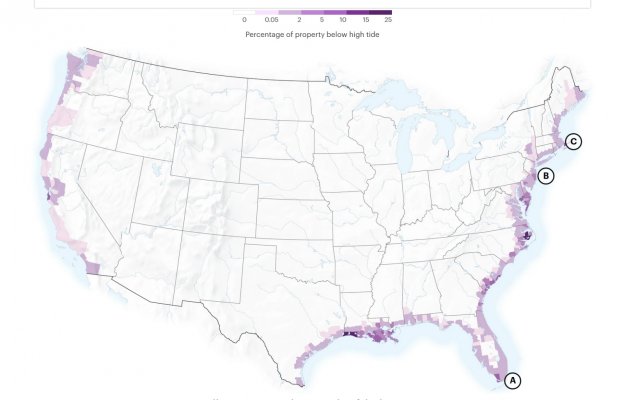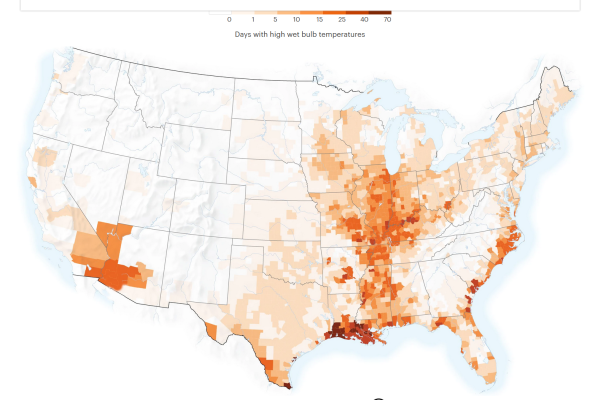Andre1969
Thinks s/he gets paid by the post
I think the relative boredom, climate-wise, is what makes me want to stay in Maryland. We get hurricanes every once in awhile, but by the time they're here, they're more remnants than anything else. For the most part, nothing really memorable. I remember when I was younger, people would talk about Hazel (1954?) and Agnes (1972). Agnes was pretty famous because of all the flooding, and if you lived near a coast or major river, or any number of small towns in river gorges that tended to channel a lot of runoff, it left an impression on you. There was another storm, from 1960 I think. Carol, maybe? I remember when I was younger, the locals would bring up one that sounded like that.
Personally, David from '79 left a big impression on me, but that was mostly because I was only 9 years old, and it's the first hurricane I can really remember. In recent memory though, the only ones that stick in my mind were in 2003 and 2011. They both began with an "I"...Isabel and Irene, so I get them mixed up unless I google them.
The 2003 one sticks in my mind, because we had a huge mulberry tree that split in half. One half fell out into the yard, relatively harmlessly, although it squashed a grape trellis. The other half started to slowly list toward the house. My uncle and I cut it down as quickly as we could, and were able to get it down just as one part of it was starting to lean on the roof over the bathroom. Fortunately no damage. I just remember it because it was a lot of work.
The 2011 one sticks in my mind because it came a week after the "Great DC Earthquake of 2011" that the locals sometimes joke about. The storm itself was kind of a letdown, but somehow it managed to knock the power off at work. I remember we had no power Mon-Thurs. It came back on sometimes Thursday evening, but then they wanted to make sure the building was safe to enter, so we were off Friday, as well. And then I think that was Labor Day weekend, so we got the following Monday off, too!
We won't have those kinds of unexpected vacation anymore, in this era of take-home computers and teleworking!
Personally, David from '79 left a big impression on me, but that was mostly because I was only 9 years old, and it's the first hurricane I can really remember. In recent memory though, the only ones that stick in my mind were in 2003 and 2011. They both began with an "I"...Isabel and Irene, so I get them mixed up unless I google them.
The 2003 one sticks in my mind, because we had a huge mulberry tree that split in half. One half fell out into the yard, relatively harmlessly, although it squashed a grape trellis. The other half started to slowly list toward the house. My uncle and I cut it down as quickly as we could, and were able to get it down just as one part of it was starting to lean on the roof over the bathroom. Fortunately no damage. I just remember it because it was a lot of work.
The 2011 one sticks in my mind because it came a week after the "Great DC Earthquake of 2011" that the locals sometimes joke about. The storm itself was kind of a letdown, but somehow it managed to knock the power off at work. I remember we had no power Mon-Thurs. It came back on sometimes Thursday evening, but then they wanted to make sure the building was safe to enter, so we were off Friday, as well. And then I think that was Labor Day weekend, so we got the following Monday off, too!
We won't have those kinds of unexpected vacation anymore, in this era of take-home computers and teleworking!


